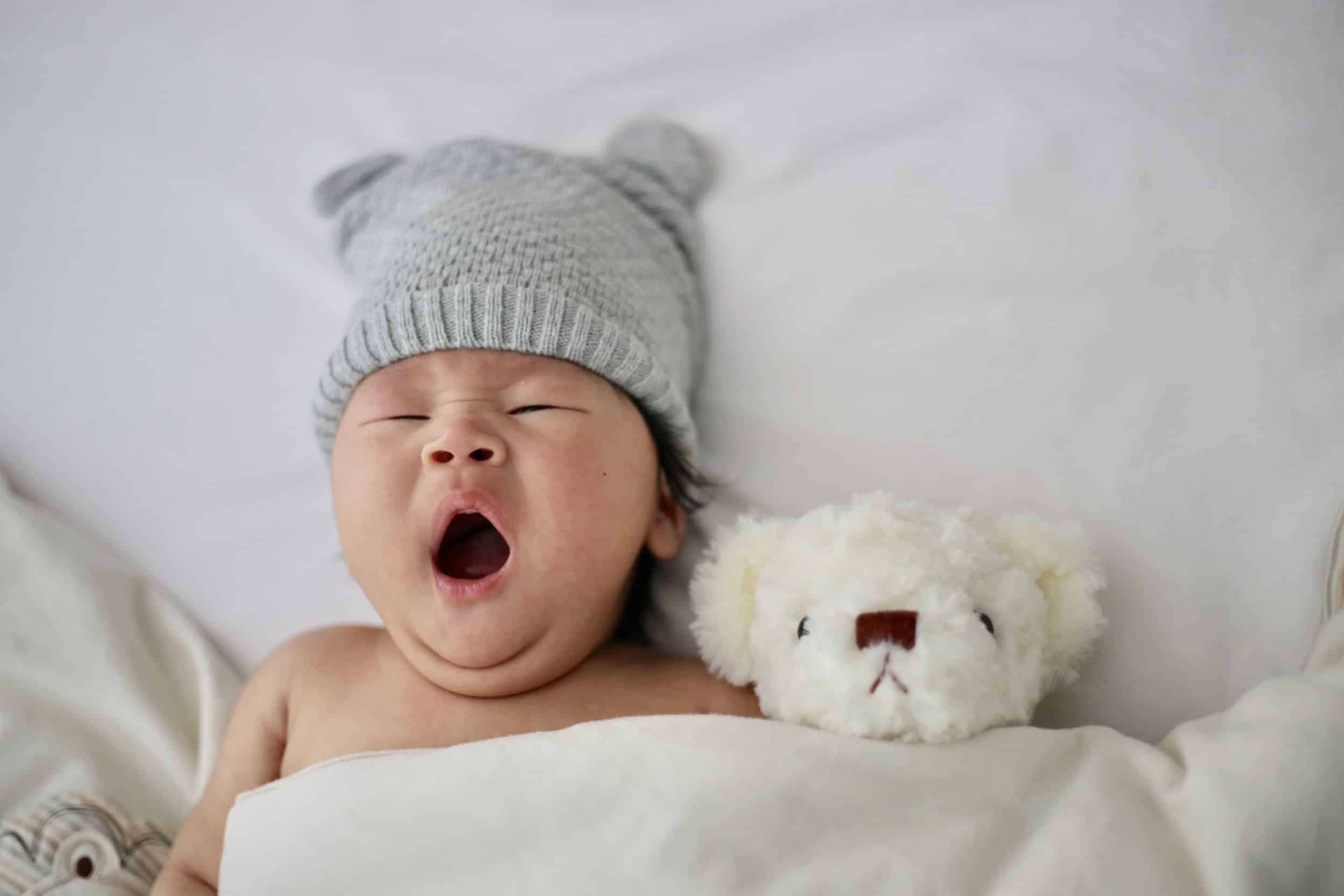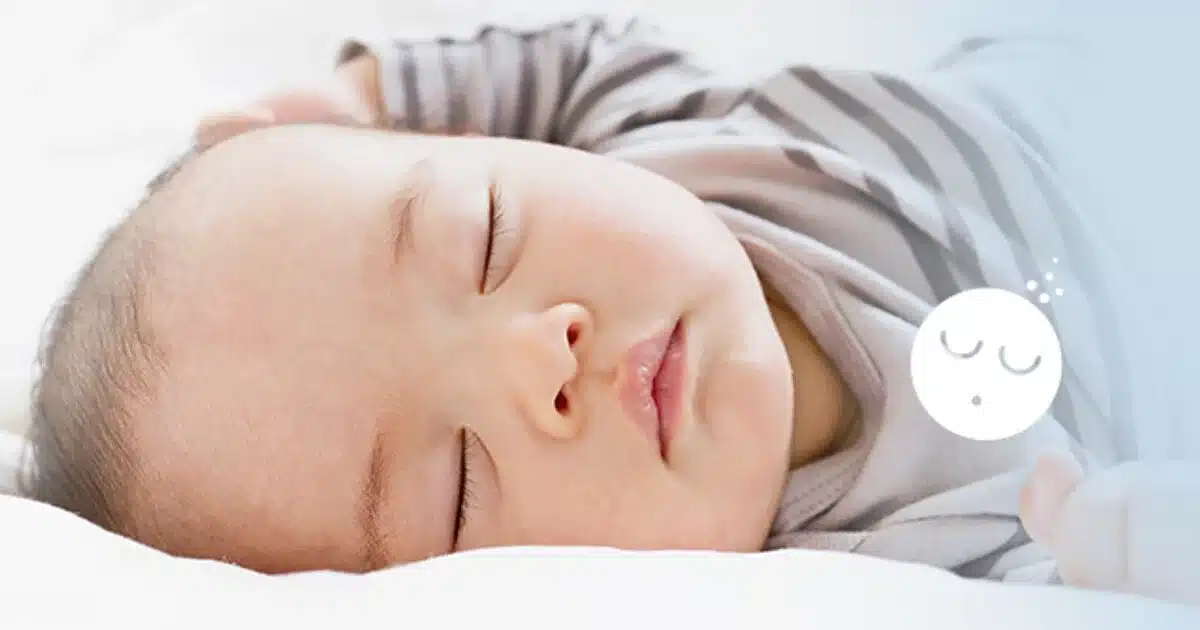From the moment a baby is born, a profound journey of bonding and connection begins. Among the many ways that parents express their love, cuddling and affection stand out as essential components of nurturing this special relationship.
In this article, we will delve into the significance of cuddling and affection in fostering baby love and how these simple acts of tenderness contribute to a child’s emotional, cognitive, and physical development.
A Foundation of Trust
Cuddling and affection are key elements in building a foundation of trust between parents and their babies. When a baby is held close and comforted through cuddling, they learn to associate physical touch with safety and security. This early sense of trust forms the basis for healthy emotional development.
Promoting Emotional Bonding
Physical touch is a powerful medium for emotional communication. Cuddling allows parents to convey their love, warmth, and care in a tangible way. Babies respond to this affection by feeling a deep connection to their caregivers, which sets the stage for strong emotional bonding.
Stress Reduction
Cuddling has a remarkable ability to reduce stress, not only for babies but also for parents. The physical contact releases oxytocin, often referred to as the “love hormone,” which promotes feelings of relaxation and wellbeing. For babies, cuddling provides comfort during moments of discomfort or distress.
Enhancing Brain Development
Scientific research indicates that positive touch, like cuddling, plays a vital role in brain development. Gentle and loving touch stimulates the release of brain chemicals that support neural connections, contributing to cognitive growth, emotional regulation, and social skills.
Regulation of Sleep Patterns
Cuddling can have a soothing effect on a baby’s sleep patterns. The physical closeness, combined with the rhythmic motion of rocking or gentle strokes, can help regulate a baby’s sleep cycle, leading to better sleep quality and more restful nights for both baby and parents.
Fostering Secure Attachment
Secure attachment is a crucial aspect of healthy child development. Cuddling and affectionate interactions help establish this attachment by reinforcing the idea that parents are there to provide comfort, care, and support. A securely attached baby is more likely to explore their surroundings with confidence.
Language Development
Cuddling and close interactions facilitate verbal communication and language development. When parents engage in soothing conversations, sing lullabies, or simply talk to their babies during cuddling sessions, they expose their child to the rhythm and nuances of language, which aids in early language acquisition.
Emotional Intelligence
Through cuddling and affection, babies learn to recognize and respond to different emotional cues. This awareness of emotions lays the foundation for emotional intelligence—an essential skill that helps individuals navigate relationships and understand their own feelings.
Bonding for Both Parents
Cuddling isn’t limited to the mother-baby relationship. It’s an opportunity for all caregivers, including fathers, grandparents, and siblings, to bond with the baby. These shared moments of closeness strengthen familial relationships and create a sense of inclusion for everyone involved.
Cherishing Precious Moments
The early years of a baby’s life are fleeting, and every cuddling session is a chance to create cherished memories. These moments not only benefit the baby’s development but also bring immense joy and fulfillment to parents.
Conclusion
Cuddling and affection are at the heart of baby love, fostering a connection that is vital for a child’s growth and emotional wellbeing.
These simple acts of tenderness go beyond physical touch—they convey love, security, and a deep understanding that words alone cannot express.
As you hold your baby close and shower them with affection, you’re nurturing a bond that will have a lasting impact on their journey through life.











